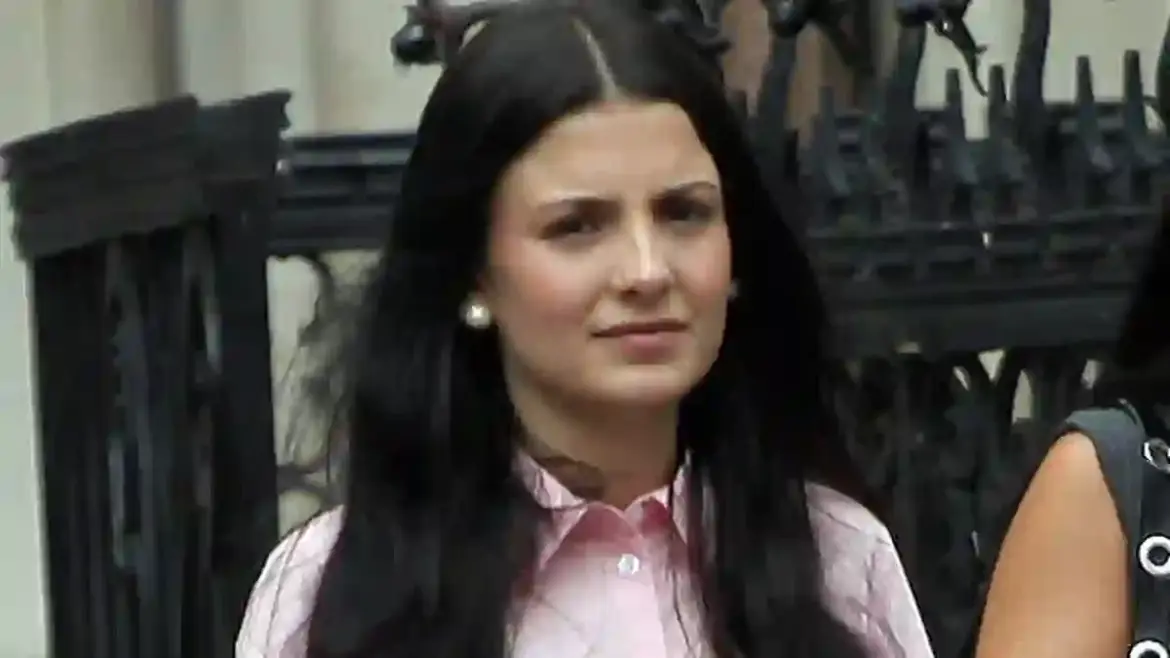What was meant to be an exciting new start at a private boarding school turned into a nightmare for a teenage girl and her family.
Within just weeks of joining Buckswood School near Hastings, East Sussex, 14-year-old Irune Pedrayes found herself drawn into a weekend of drinking and drug use that would leave lasting scars on her mental health.
The ‘Magic’ Vape Incident
According to court documents, older boys at the school supplied Irune with vape liquid laced with mephedrone, a Class B stimulant often referred to as “meow-meow” or “m-cat.”
Over the course of a weekend in September 2019, she and others spent their time on the rugby pitch drinking and vaping the drug.
By Monday morning, Irune was in hospital after suffering terrifying hallucinations and what doctors later described as a “psychotic outbreak.”
Parents Left in the Dark
Perhaps the most shocking element of this case is that her parents weren’t informed about the real reason their daughter had been hospitalised.
Instead, Buckswood told them she had only been caught vaping and that her hospital visit was linked to an unrelated infection.
The High Court later found that this lack of transparency breached the school’s duty of care.
Judge Rules Negligence
Judge Geraint Webb KC awarded Irune £145,000 in damages, concluding that the school acted “negligently” by failing to inform her parents immediately of her admitted drug use and her frightening mental health symptoms.
The judge stressed that the parents should have been given the chance to act quickly to safeguard their daughter’s wellbeing.
The School’s Defence
Buckswood, which charges around £34,000 a year and markets itself as a “global school in the British countryside,” denied suggestions that it was complacent about drug use.
Principal Kevin Samson argued that they had no firm evidence at the time that the vape contained drugs, as a urine test didn’t come back positive.
He also said that while supervision was in place, “it’s not realistic to have a member of staff next to every child 24 hours a day.”
A Challenging Student Profile
The court also heard that Irune had a history of psychological difficulties before enrolling at Buckswood.
She had struggled academically in Spain and was frequently disciplined at the school.
Staff described her as difficult to manage, with detentions and “gating” (being confined to school grounds) being common punishments.
The judge, however, dismissed claims that the school had mistreated her, instead saying they had made efforts to support her despite behavioural challenges.
Life After Buckswood
Irune left Buckswood in November 2019, returning to Spain where she began receiving treatment for psychosis.
But the damage had already been done. Now 20 years old, she continues to live with post-traumatic stress disorder, anxiety, and a heightened risk of ongoing mental health struggles.
The Bigger Question Around Safeguarding
This case has opened up a wider debate about safeguarding in boarding schools.
Judge Webb was clear: while the school could not be expected to prevent every single incident of drug use, the failure to provide Irune’s parents with honest and accurate information after a serious hospital visit crossed a crucial line.
What Is Mephedrone?
Mephedrone, sometimes sold under names like “magic,” “bubble,” or “m-cat,” is a synthetic stimulant drug that mimics the effects of cocaine and ecstasy.
While it can cause short-lived feelings of euphoria and alertness, it also carries serious risks, including paranoia, heart problems, insomnia, and psychotic symptoms.
Charities warn it is linked to multiple deaths each year in the UK.
A Cautionary Tale
The payout brings some closure for Irune and her family, but the case serves as a stark warning about the vulnerabilities young people face in boarding school environments.
It also raises tough questions about how far schools should go to inform parents and safeguard pupils when drugs and mental health crises collide.
